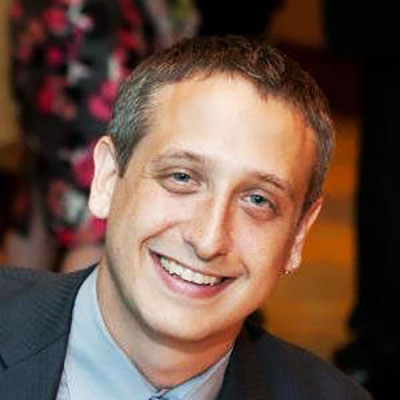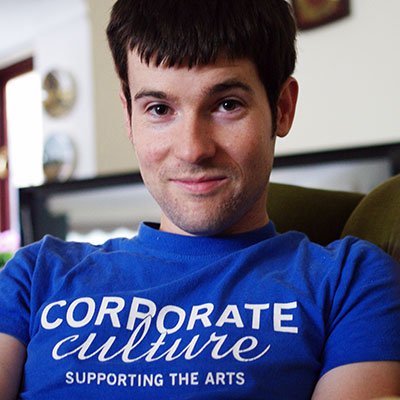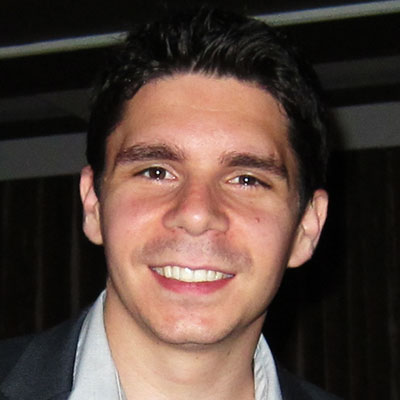Practical Approaches to Microservices Architecture
Join software architecture experts Marc Siegel, Brian Roberts, Matt Stine, Jake Moshenko, and Maria Gomez for a hands-on, in-depth exploration of microservices. This online conference will arm you with crucial knowledge to apply to your own systems.

June 9, 2016
10:00AM – 2:00PM PDT
Microservices architectures are revolutionizing the way software is envisioned and built. In this online conference, you’ll learn how to prepare to move to a microservices architecture, about different use cases for microservices, how to create reactive and fault-tolerant systems, and more from five experienced software architects.
This online conference focuses on one of the key tracks from the upcoming O’Reilly Software Architecture Conference (October 19–21 in London, UK). This four-hour deep dive into practical approaches to microservices architecture will arm you with crucial knowledge to apply to your own systems.
Session 1: 10:00AM
From CRUD to Event Sourcing an Investible Stock Universe
At TIM Group, a financial software firm based in London, Marc Siegel and Brian Roberts re-architected their Investible Stock Universe service with Event Sourcing, replacing REST/CRUD with task-specific read projections. In this talk, Marc and Brian discuss differences between these architectures for this type of use case, and impacts on availability, determinism, auditability, performance, and correctness. No prior knowledge of financial market data or Event Sourcing is necessary to benefit from this practical and insightful examination of architectures.
Session 2: 11:00AM
Reactive Fault Tolerant Programming with Hystrix and RxJava
As we build distributed systems composed of microservices, we introduce new potential performance problems and failure points. As the number of nodes in our system increases, these problems rapidly amplify. To keep our composite systems responsive, we can apply the techniques of reactive programming, and to keep them healthy, we can apply fault tolerance patterns like circuit breakers and bulkheads. In this presentation we’ll examine how to use two popular libraries from Netflix, Hystrix and RxJava, to create reactive and fault tolerant systems.
Session 3: 12:00PM
Containers and Microservices: New Ways to Deploy and Manage Applications at Scale
Many organizations are beginning to adopt microservices in an attempt to streamline product delivery and increase developer agility, but this new style of application architecture requires a shift in thinking about how we approach building out the underlying infrastructure. Thanks to continuous delivery, applications are now being deployed faster than ever, leading to the adoption of new technologies such as application containers and cluster management tools.
An important piece of enabling microservices are containers. Containers allow a service to run on any host at any time and provide a new level of application portability. Jake Moshenko looks at the container microservices landscape and how CoreOS and Quay fit into the development lifecycle, from pushing Git changes to running in production. From this talk, you’ll gain an understanding how different components work together to manage applications at scale.
Session 4: 1:00PM
Transitioning to Microservices
Agile practices and techniques like continuous delivery are all about being able to react to changes rapidly, but putting them into practice when you have a big monolith application can be difficult. Microservices offer one solution. It gives you many advantages (like scalability and technical flexibility), but it comes with upfront costs and complexity that few companies are in a position to pay. In this session, Maria Gomez explores the prerequisites for moving into a microservices architecture and provides tips on how to achieve them.







